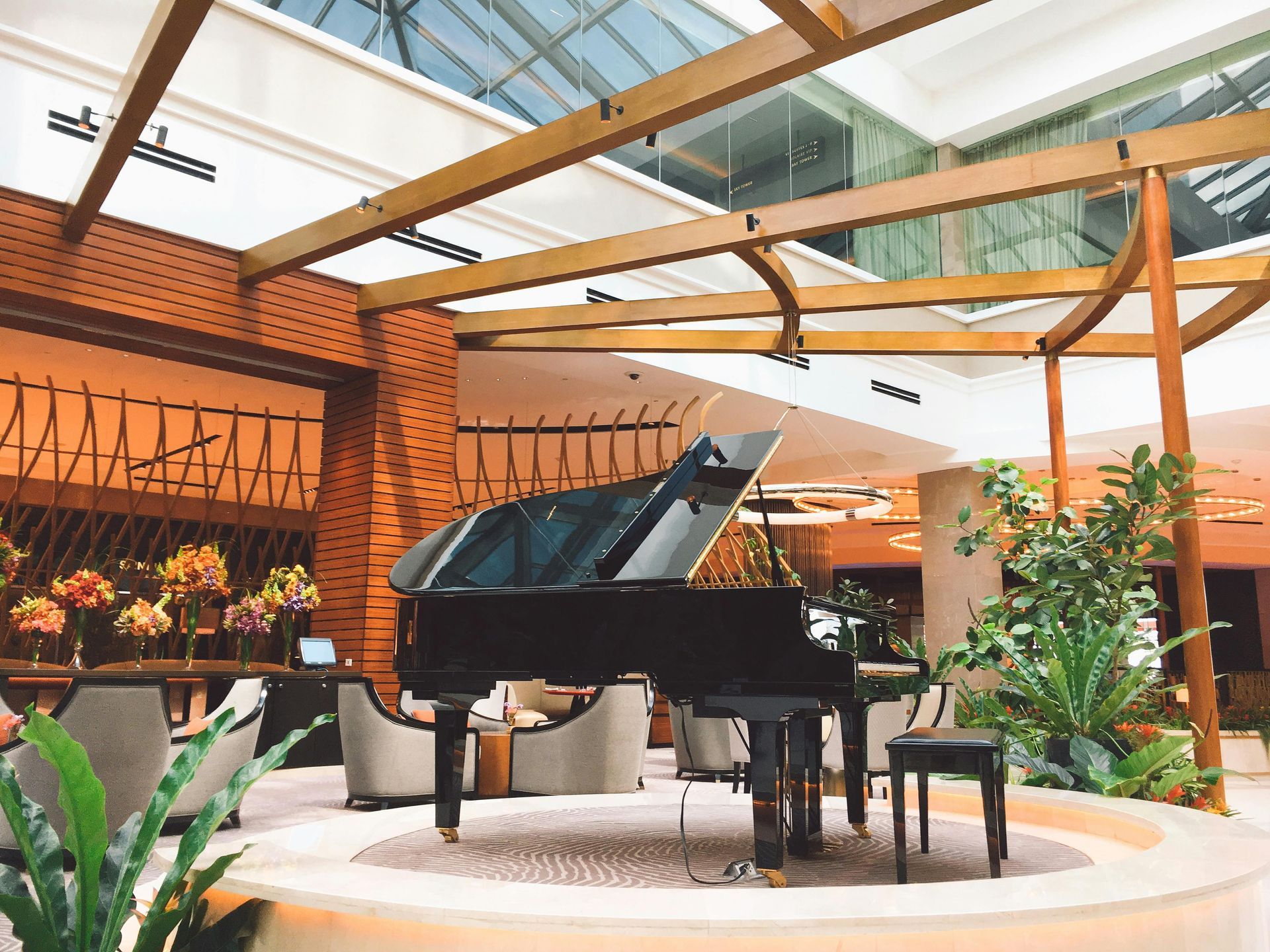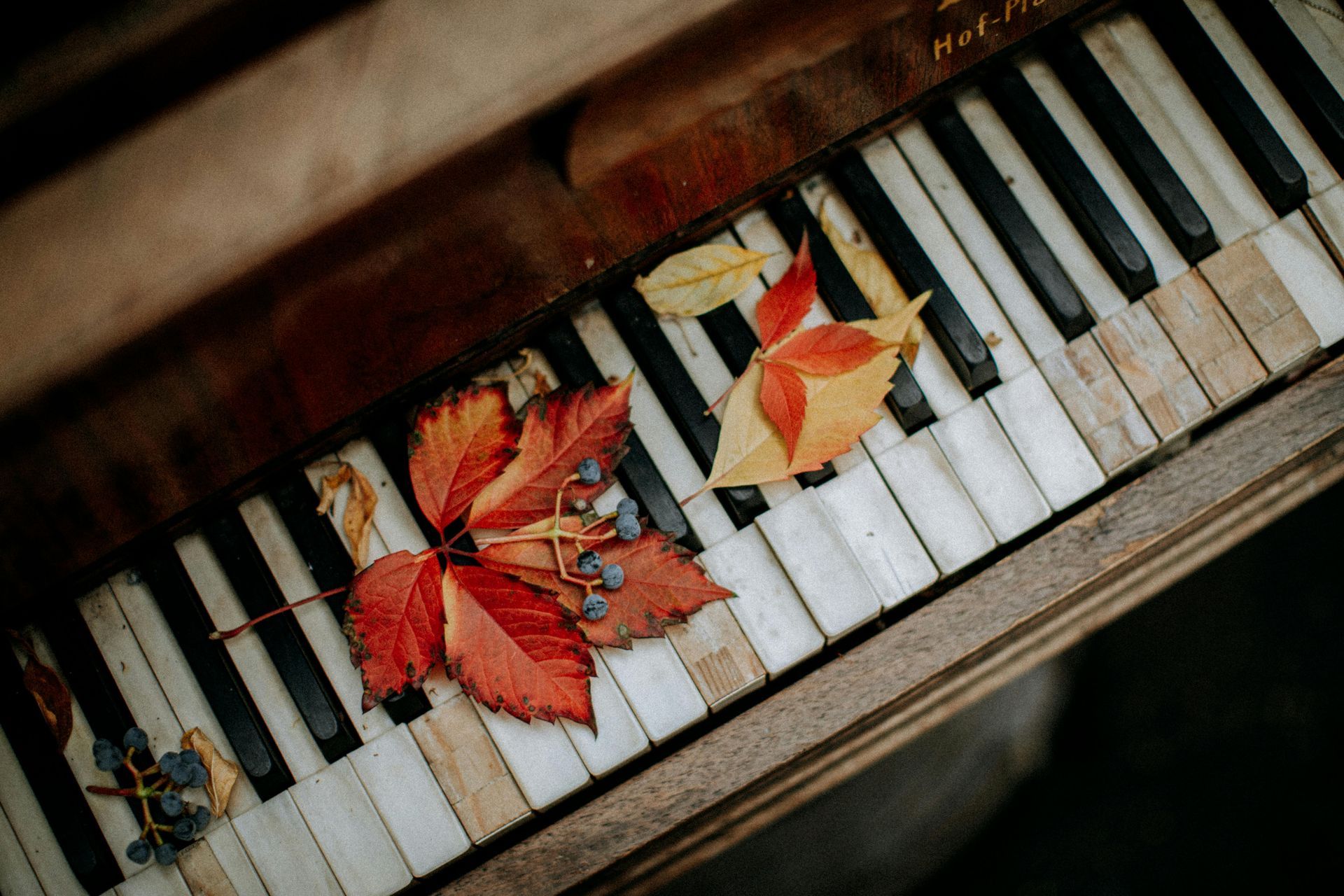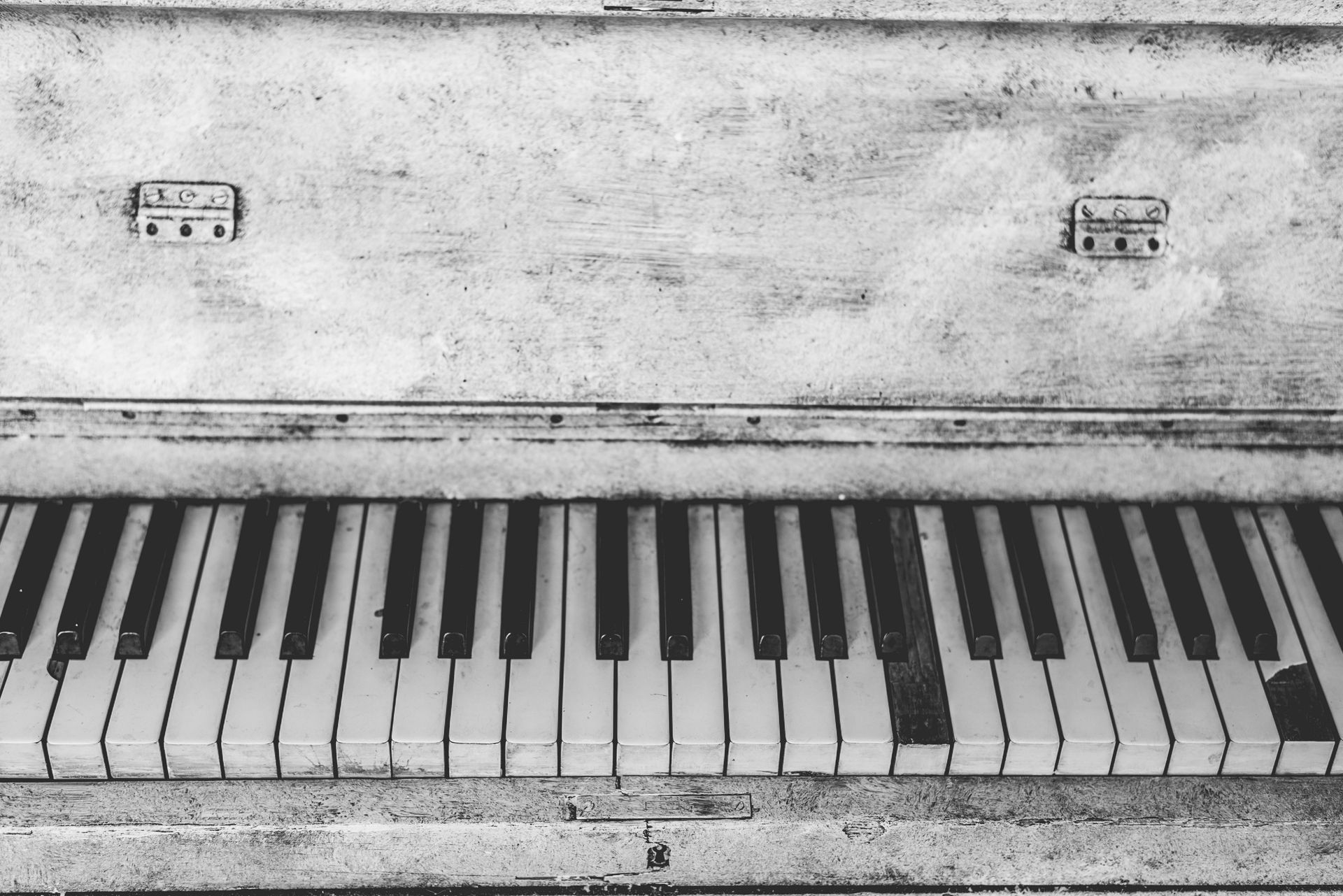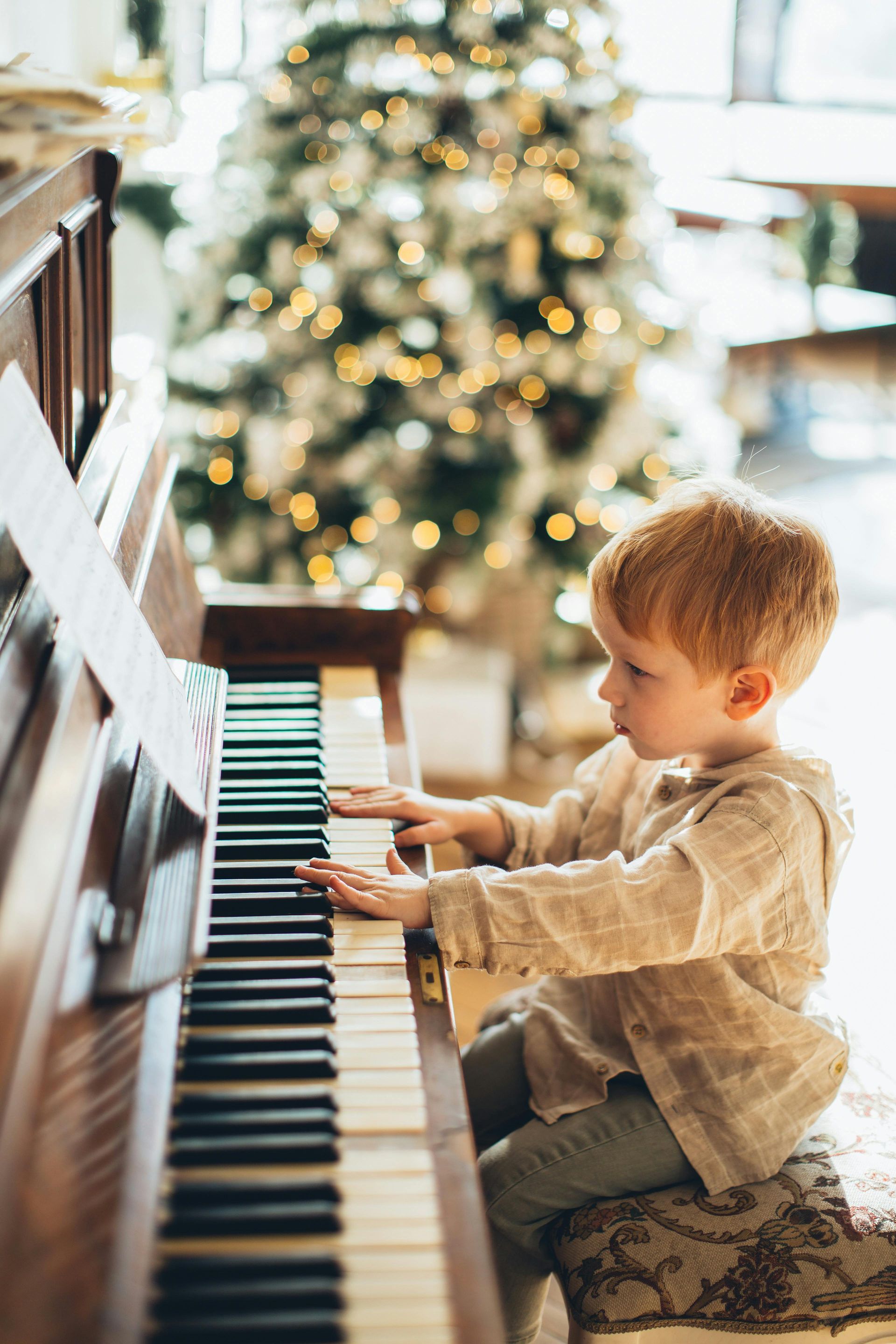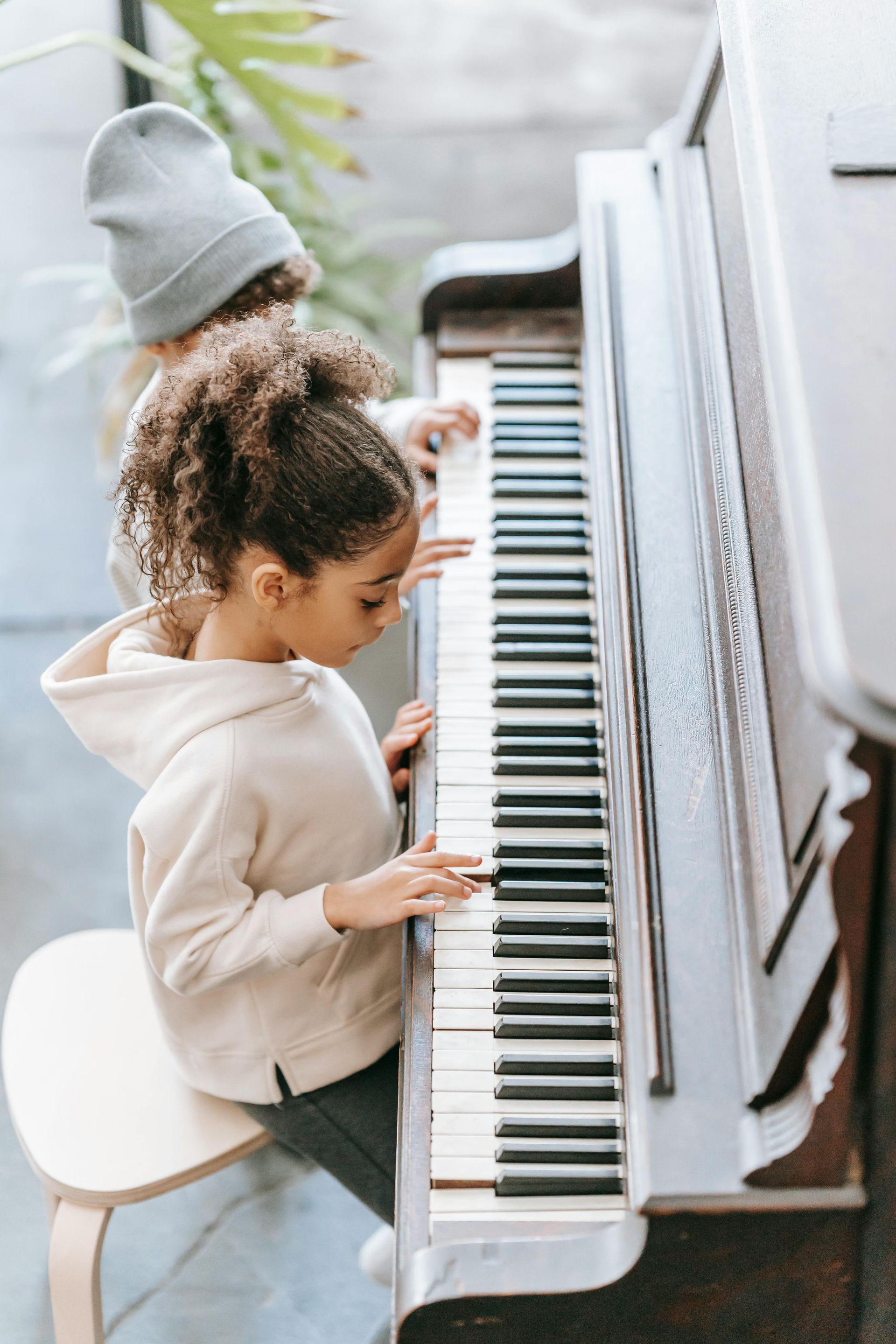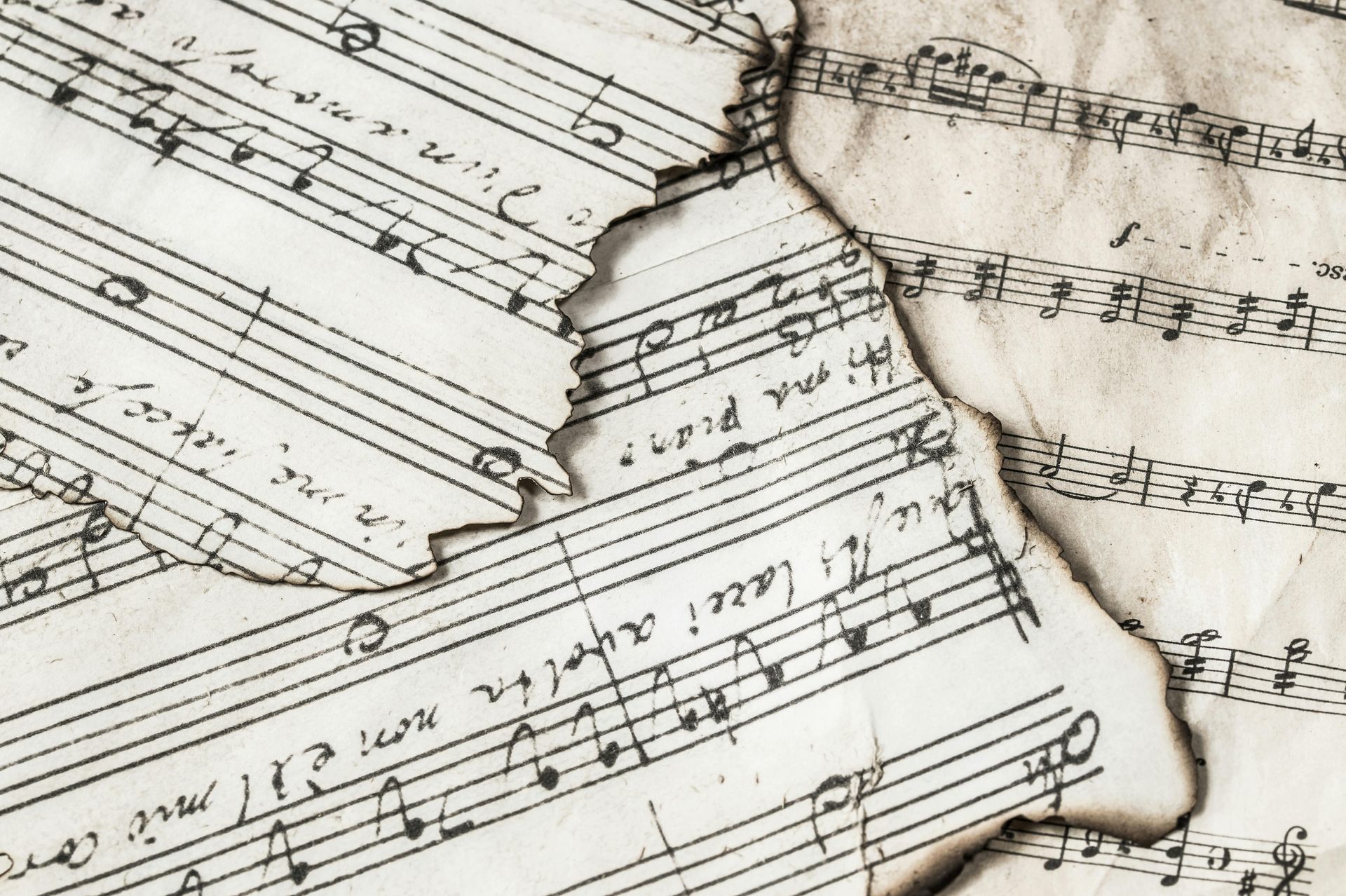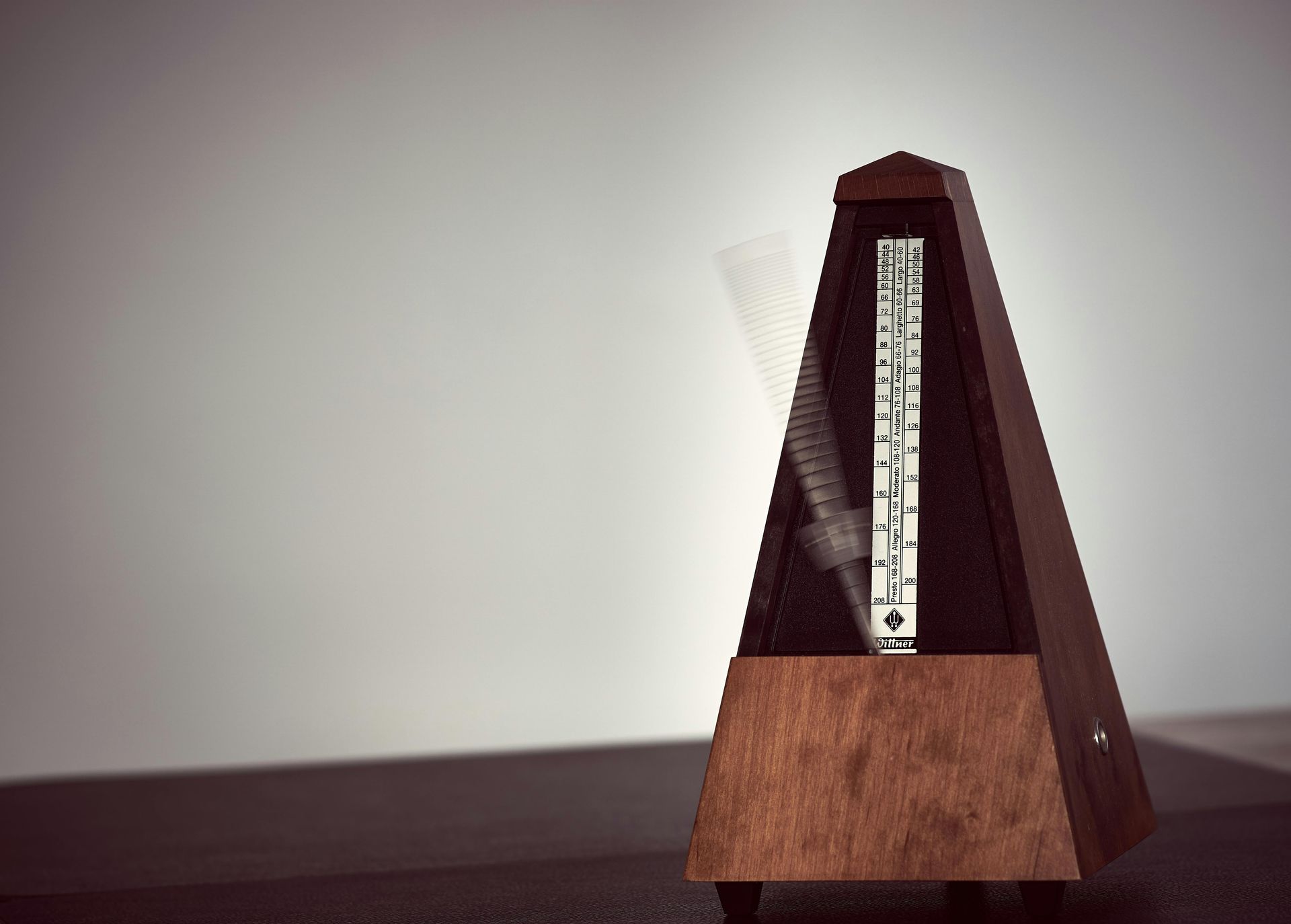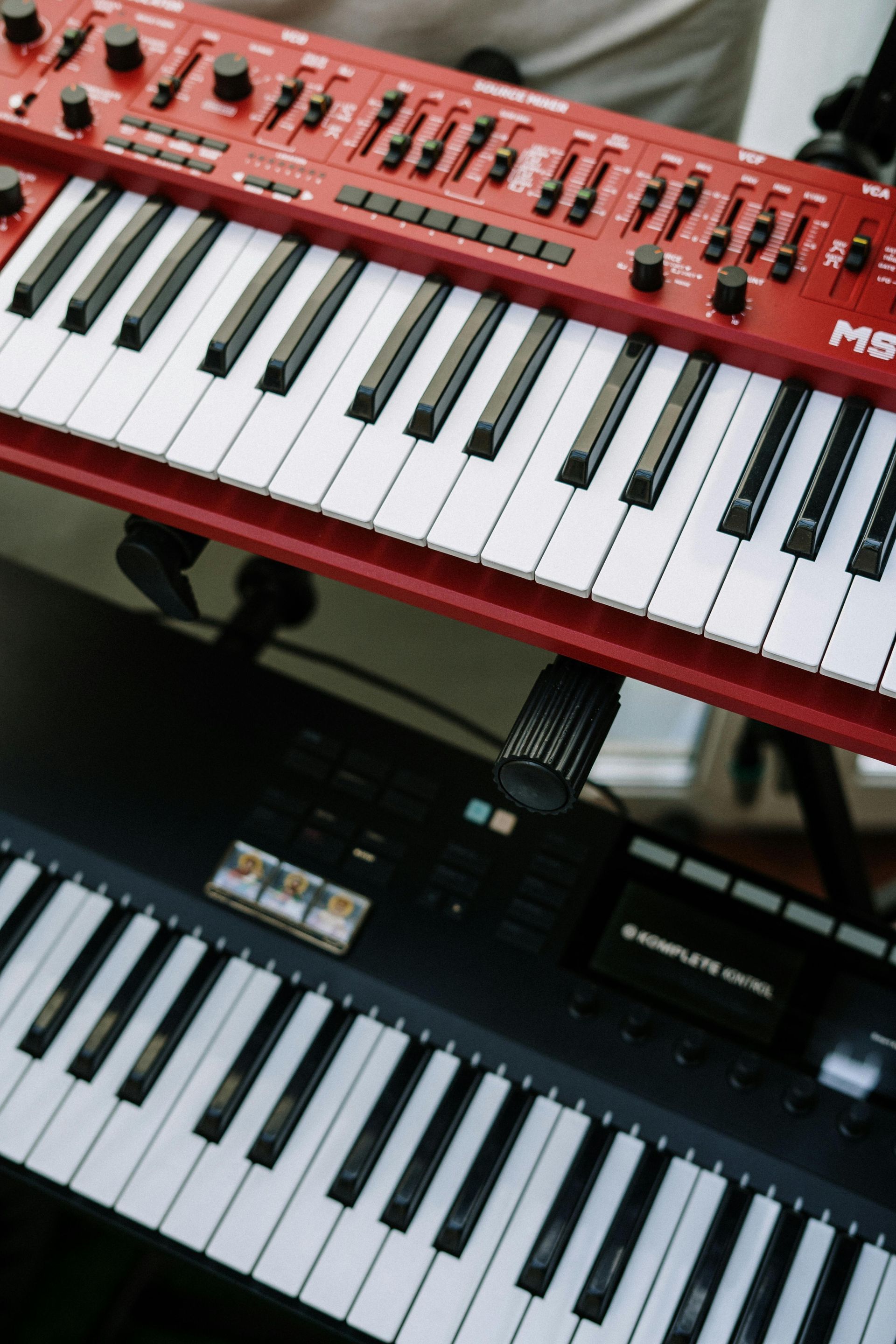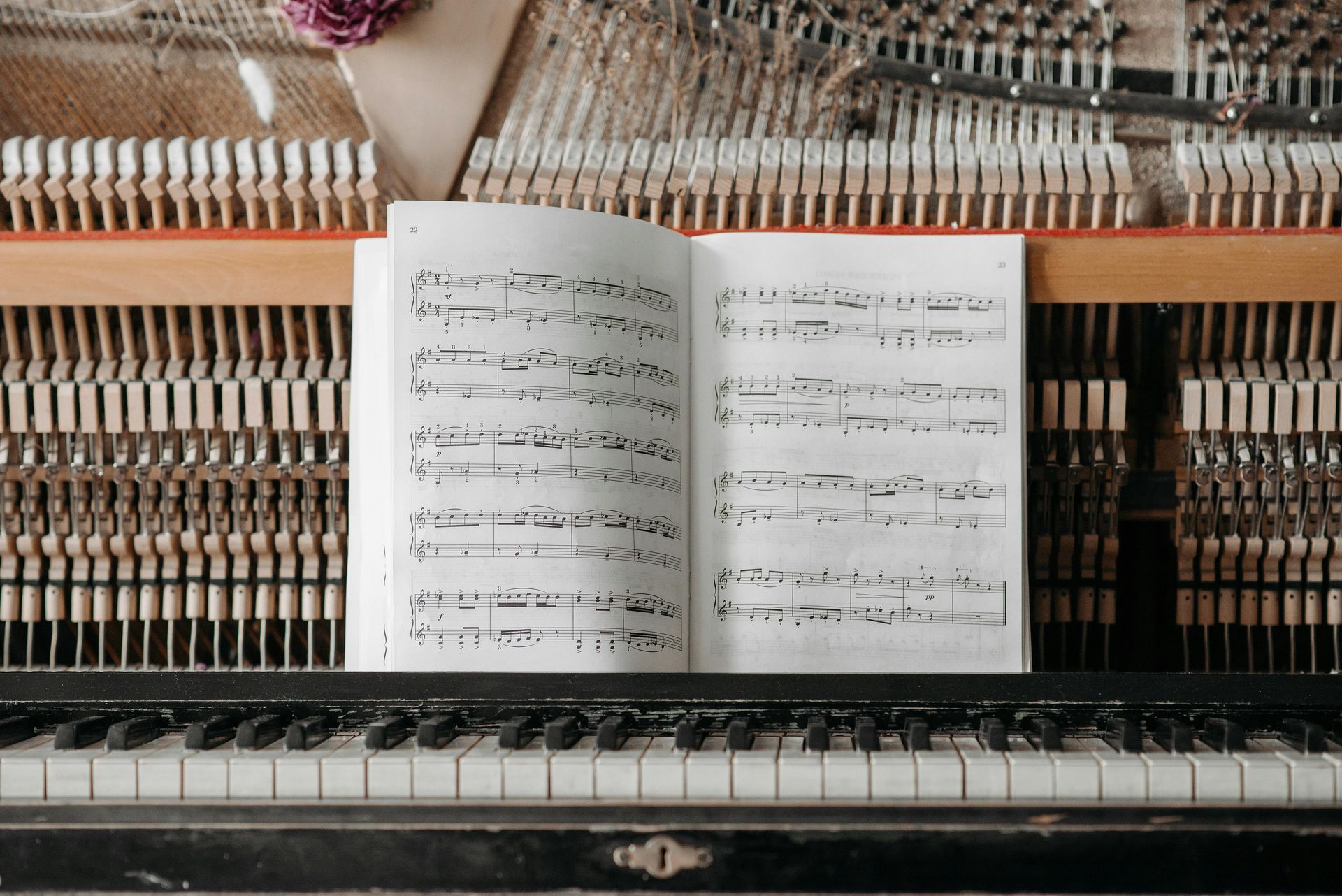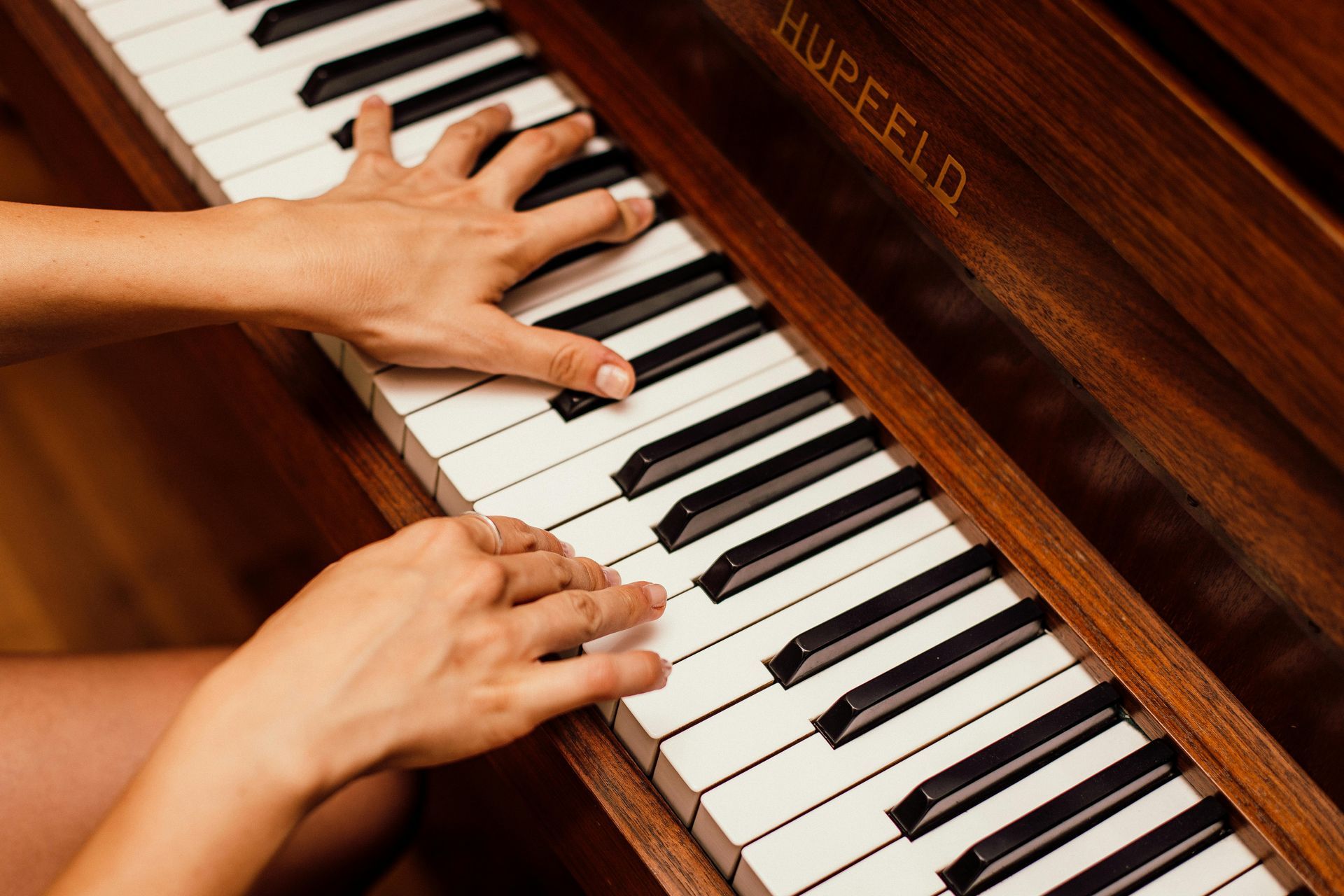Why Is Piano A Suitable First Instrument To Play | Piano By Dale
Why Is The Piano Great?
Have you considered introducing your child to music? Or perhaps you're an aspiring musician eager to play your first note? The piano could be your ticket to a harmonious adventure. This versatile instrument not only offers an engaging entry into the world of music but also lays a strong foundation for musical growth. Let's explore why the piano is the perfect first instrument for beginners, especially young learners.
Simplicity in Playing
One of the most appealing aspects of the piano for beginners is its straightforward playing mechanics. Sitting comfortably at a piano, players use their hands in a natural position, unlike instruments that require awkward body postures. This ease of approach means no straining or contorting, which is a common hurdle with the violin or flute.
Young learners, in particular, benefit from this simplicity. They can easily reach the keys without needing to twist or stretch uncomfortably. This removes the physical barriers that might discourage them from continuing their musical exploration. Furthermore, the immediate gratification of pressing a key and producing a sound can be incredibly motivating.
The accessibility of the piano allows students to focus on learning the basics of music rather than spending time mastering complex physical movements. This can lead to a more enjoyable and rewarding experience, where the emphasis is on creativity and expression.
Building a Strong Musical Foundation
The piano is an excellent tool for teaching the fundamentals of music theory. Its linear and visual layout provides an intuitive understanding of how music works. With the piano, scales, chords, and intervals are visibly laid out, making it easier for beginners to grasp these concepts.
Understanding music theory is crucial for anyone looking to progress in their musical education. On the piano, students can see how different notes relate to each other spatially, assisting in the comprehension of pitch and harmony. This visual aid is a significant advantage over other instruments where such relationships may not be as readily apparent.
For parents, the piano offers peace of mind knowing that their child is gaining a comprehensive education in music. Learning these foundational elements early on will support their child in any future musical endeavors, whether they continue with the piano or branch out to other instruments.
Enhancing Dexterity and Coordination
Playing the piano engages both the mind and body, making it an excellent exercise for improving coordination and dexterity. Pianists use both hands independently, often playing different rhythms or notes simultaneously, which enhances bilateral coordination.
In addition to hand movements, pianists also use their feet to operate pedals, adding another layer of complexity. This full-body engagement helps develop motor skills and hand-eye coordination, which are beneficial beyond music.
For beginners, mastering these skills can boost confidence and provide a sense of accomplishment. The ability to coordinate multiple actions at once is a valuable skill that can transfer to other areas of life, such as sports or typing, making the piano a holistic developmental tool.
Witnessing Quick Progress
One of the greatest rewards of learning the piano is the ability to see quick progress. Unlike some instruments that require months of practice before producing a pleasant sound, beginners can learn simple melodies on the piano within weeks.
This rapid progress is key to maintaining interest and motivation in the learning process. Students can quickly gain a sense of achievement, encouraging them to explore more challenging pieces. The satisfaction of playing a favorite tune can be a powerful motivator, keeping students engaged and excited about their musical journey.
Parents will appreciate the joy and confidence that comes with their child's ability to play recognizable songs. This positive reinforcement can play a crucial role in fostering a lifelong love for music.
Enriching Life Beyond Music
Learning the piano offers enriching benefits that extend beyond music-making. Studies have shown that playing the piano can improve memory, intelligence, and spatial awareness. These cognitive enhancements are particularly advantageous for young learners, supporting their academic growth.
The act of playing music is also a proven stress reducer and a confidence booster. The focus required to play the piano can serve as a form of mindfulness, providing a break from the hustle and bustle of daily life. This reduction in stress, coupled with the joy of making music, can lead to an overall increase in well-being and happiness.
Furthermore, the discipline and dedication required to learn the piano teach valuable life skills. Time management, perseverance, and goal setting are just a few of the lessons that students can carry with them into other areas of life.
Cultivating a Lifelong Passion
Starting with the piano opens the door to a lifelong passion for music. The skills learned can be easily transferred to other instruments, making it an ideal starting point for anyone eager to explore the musical world. The versatility of the piano allows for a wide range of musical styles and genres to be explored, keeping the learning experience fresh and exciting.
For parents, nurturing this passion in their children can provide a creative outlet and a source of joy throughout their lives. Whether they choose to pursue music professionally or as a hobby, the piano lays the groundwork for a fulfilling and enriching experience.
Conclusion
The piano stands out as a remarkable first instrument choice for beginners, offering an array of benefits that go far beyond playing music. From building a solid musical foundation to enhancing cognitive and motor skills, its impact is profound.
For parents considering an instrument for their child, the piano offers a comprehensive education in music that is both accessible and engaging. For aspiring musicians of all ages, it provides a gateway to creativity and expression.
If you're ready to embark on a musical adventure, consider the piano as your starting point. The keys to success are literally at your fingertips. Explore the possibilities, and who knows where your musical journey might lead!
